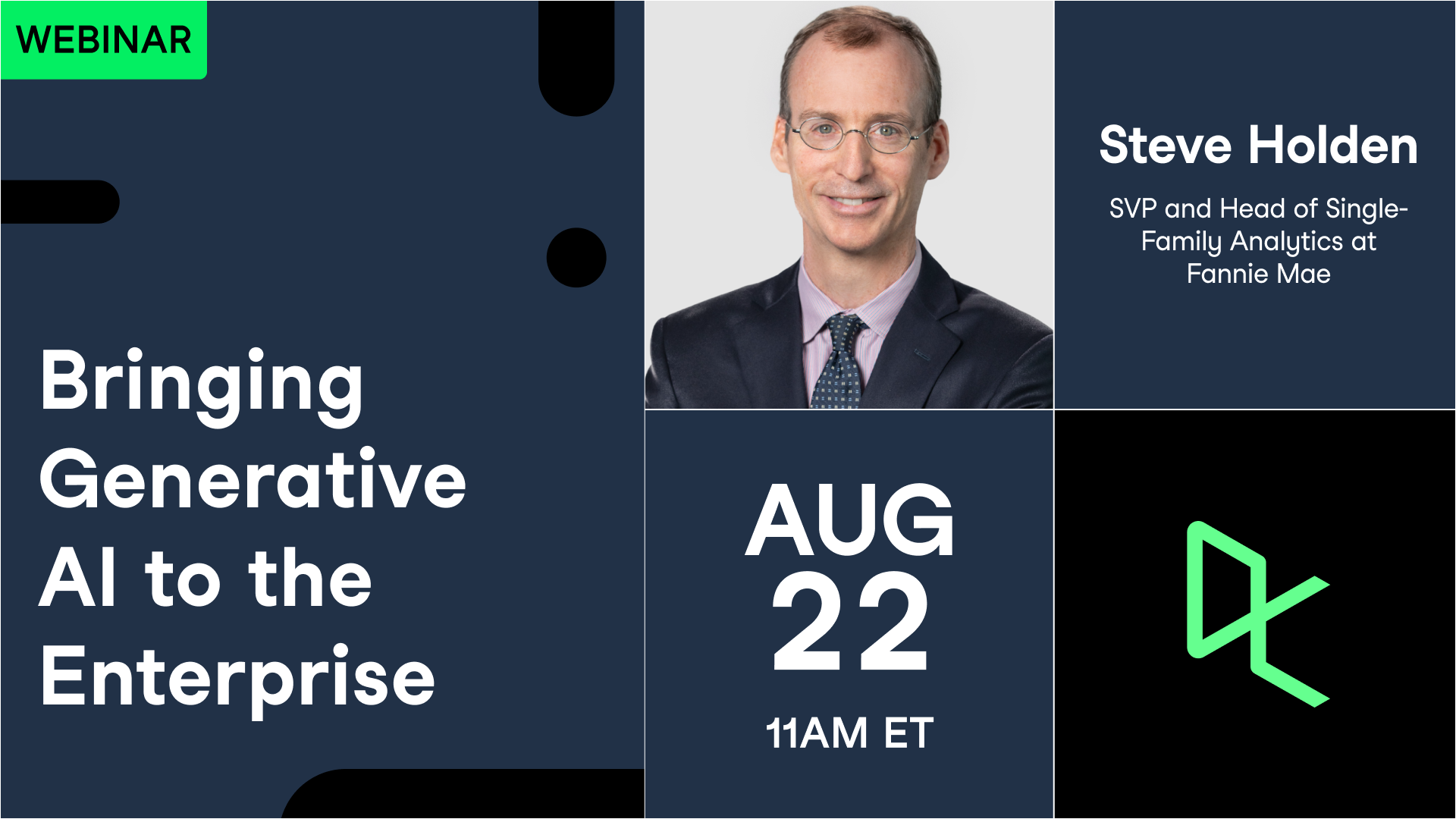Related
webinar
Generative AI in Practice: 100+ Amazing Ways Generative AI is Changing Business & Society
World-renowned author & futurist Bernard Marr, will outline how Generative AI is being used in practice today.webinar
Scaling Data & AI Literacy with a Persona-Driven Framework
In this session, three experts walk you through the steps of creating a successful data training program.webinar
Scaling Data & AI Literacy with a Persona-Driven Framework
In this session, three experts walk you through the steps of creating a successful data training program.webinar
Demystifying AI: Unpacking the Generative AI Landscape
Join experts from leading venture capital firms to discover the latest business and data science use cases of generative AI.webinar
Laying the Foundations: Scoping Generative AI Use Cases from Vision to Business Impact
In this session, Albert Esplugas provides a comprehensive overview of the top generative AI use cases across business areas and industries.webinar

